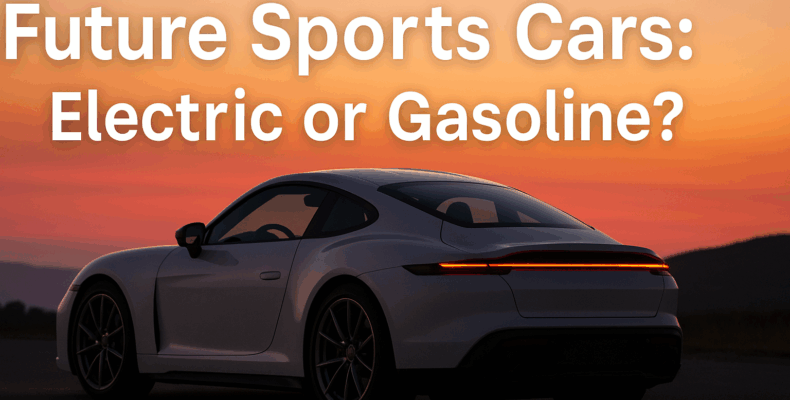Where Japanese Performance Vehicles Are Headed
The automotive world stands at a turning point. As global demand for sustainability rises, so does the question: Will the future of sports cars be electric, gasoline-powered — or both? For decades, Japanese automakers have mastered the balance of efficiency and excitement. Now, they’re navigating a new path between electrification and traditional combustion performance.
In this article, we explore where the future is headed for Japanese sports cars and how it could impact international drivers, collectors, and importers.
1. Why This Question Matters
Sports cars are more than just machines — they’re symbols of freedom, performance, and emotion. With EVs (electric vehicles) gaining traction and emission regulations tightening, the essence of what makes a sports car fun is being redefined.
Key concerns include:
-
Can EVs deliver the same driver engagement?
-
Is there still a place for manual transmissions?
-
Will enthusiasts embrace synthetic fuels or hybrid tech?
Japanese brands are at the forefront of answering these questions.
2. Japan’s Electrified Sports Car Future
Nissan
-
Pioneer of the EV space with the Leaf, now investing in high-performance EVs
-
Concepts like the Nissan Hyper Force hint at a GT-R-style electric supercar
Toyota
-
Launched the GR lineup (Yaris, 86, Supra), but also exploring solid-state battery tech
-
Announced a vision for an electric sports car with a manual gearbox simulator
Mazda
-
Focused on rotary range extenders and lightweight EV concepts
-
Rumors of an electric MX-5 in development
Honda
-
Working on an electric NSX successor
-
Committed to carbon neutrality by 2040 with a focus on driving excitement
These manufacturers are committed to preserving the soul of sports cars — even in electric form.
3. Gasoline’s Future: Still Alive?
While EVs dominate headlines, gasoline sports cars aren’t gone yet. Reasons they persist:
-
Emotional connection to engine sound and feel
-
Simpler to maintain in many regions
-
Fuel infrastructure is still more widespread
-
Lower cost of entry for enthusiasts
Brands like Toyota (GR86) and Subaru (BRZ) continue to offer new models with naturally aspirated gasoline engines — showing that combustion isn’t dead yet.
4. Synthetic Fuels and Hybrids: A Third Option?
Some Japanese makers are exploring carbon-neutral fuels and hybrid performance platforms:
-
Toyota is testing e-fuels and hydrogen combustion
-
Mazda is involved in synthetic fuel motorsports trials
-
Honda continues to build hybrids with sporty characteristics
These technologies could keep traditional engines alive — without the emissions penalty.
5. Global Impact on Used Sports Car Demand
As more countries transition to EVs, demand is rising for:
-
Collectible gasoline-powered sports cars
-
Modern hybrids with strong performance credentials
-
Electric sports cars with character and range
Regions like the USA, Europe, Australia, and UAE are seeing increased imports of both legacy and next-gen performance vehicles from Japan.
Trusted Exporters of Japanese Sports Cars
Whether you’re seeking the last great gasoline-powered car or a forward-thinking EV, work with exporters who understand technology, compliance, and customer needs:
-
EVERY Co., Ltd. – Focused on quality Japanese exports
-
SBT Co. Ltd.
-
Be Forward
-
Qualitex Trading
-
Autorec Enterprise Ltd.
Read more here:
Top Recommended Japanese Used Car Export Companies for International Customers
Final Thoughts: Two Roads, One Passion
Whether the road ahead leads to electric motors, synthetic fuels, or a roaring inline-six, one thing is clear: Japanese sports cars will continue to innovate, inspire, and excite.
Gasoline or electric? You might not have to choose — the future could offer the best of both worlds.
